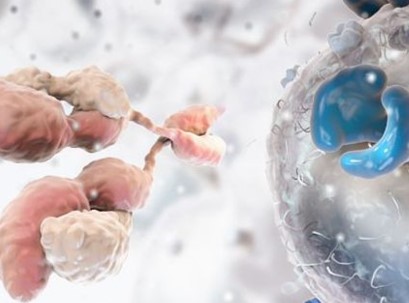Currently, there is no proven therapy with a beneficial and long-lasting effect for patients with relapse of their glioblastoma. This is why we are conducting innovative research at UZ Brussel to develop an effective treatment for these patients, using immunotherapy. This research is carried out in collaboration with the medical oncology department (Prof. B. Neyns)
Who is eligible?
The Glitipni study includes patients with a relapse of their glioblastoma. A requirement is that the patients have undergone surgical resection of their glioblastoma upon initial diagnosis, and that they have received radiotherapy combined with Temodal chemotherapy (this is the standard treatment at initial diagnosis of glioblastoma). A second requirement is that they take no or only a minimal dose of corticoids (i.e. a maximum of 8 mg methylprednisolone (medrol) or 1.5 mg dexamethasone)
What exactly does the study entail
If you are eligible to participate in this phase I study, a new surgical intervention will be offered, where an attempt will be made to remove the tumor completely. If this is not possible, a biopsy can be performed in which a piece of tissue is removed from the tumor.
Following either the resection or biopsy, immunotherapy will then be administered into the wall of the resection cavity or through the biopsy needle. Our study uses a combination of different immunotherapeutics. So-called “check-point inhibitors” will be administered. The purpose of these antibodies is to counteract the immunosuppressive effect of the tumor cells. This therapy has already been proven effective in a variety of other tumors. By administering the therapy locally in the tumor and area around the tumor, we expect the effectiveness of these check-point inhibitors to be greater compared to administration intravenously. Together with these check-point inhibitors, the body’s own “dendritic cells” are also injected locally into the tumor. These dendritic cells are considered the orchestra leaders of the immune system. When these cells come into contact with foreign material (such as for example tumor cells), they will activate the body’s own immune system against the tumor. By doing this we try to increase the immune response against the tumor cells so that the immune system will attack and kill the tumor. After surgery, a catheter will also be implanted, allowing us to administer biweekly immunotherapy directly into the tumor tissue





